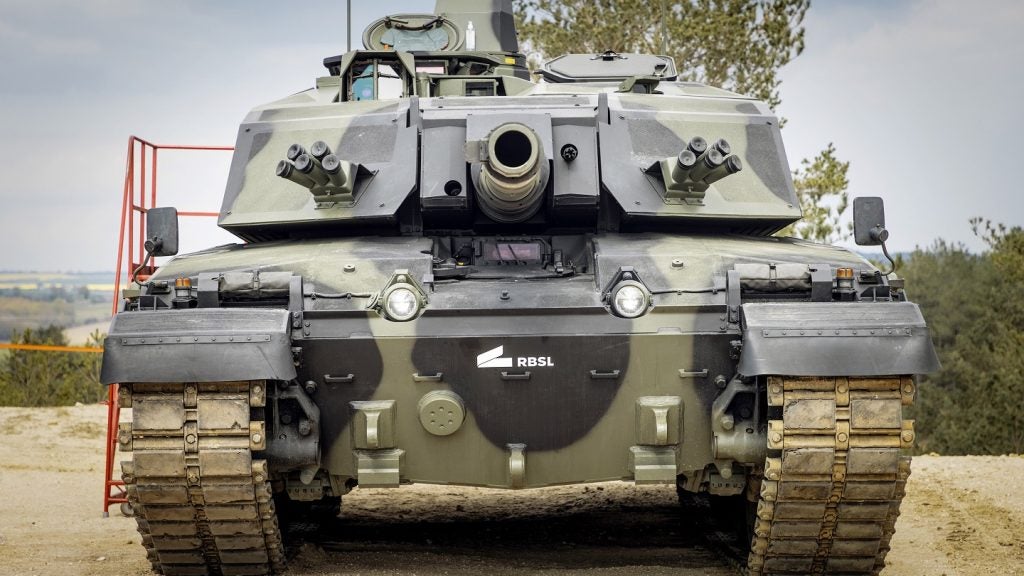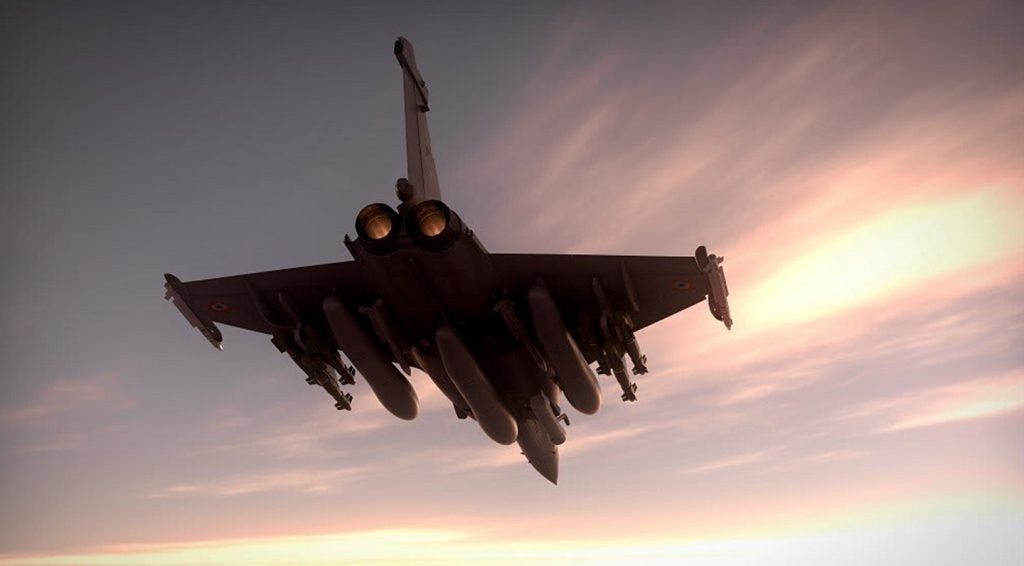
The UK Government has said that an increasing Ministry of Defence budget will help the UK keep pace as the balance of global power continues to shift.
The government made the comments in response to the Joint Committee on the National Security Strategy report on the UK’s national security priorities. The report accused the government of being ‘accustomed to talking a better game than it plays on national security, despite efforts to improve how it makes and delivers strategy under the National Security Council’.
The report also called on the Prime Minister to ‘begin an honest conversation at the national level about the extent of the government’s ambition for the UK as a significant global player, the risks it is willing to take in relation to national security, and the resources it is willing to commit to these ends.’
Prime Minister Boris Johnson wrote that the government was ‘grateful’ for the report in a letter covering the government’s responses to the committee’s conclusions.
The government said in a written response: “We continue to see long-term shifts in the balance of global economic and military power, increasing competition between states, as well as the threat from non-state actors. We are clear how these challenges should be addressed.”
In the report, the committee said that the UK’s defence plans, outlined in 2015, ‘were never affordable’ citing ‘misplaced optimism’ about spending. In response to this, the government said that an efficiency programme in the MOD has already cut £9.bn in costs and added that the extra £2.2bn handed to the MOD in the government’s most recent spending round will help the MOD to meet is spending and defensive goals.
How well do you really know your competitors?
Access the most comprehensive Company Profiles on the market, powered by GlobalData. Save hours of research. Gain competitive edge.

Thank you!
Your download email will arrive shortly
Not ready to buy yet? Download a free sample
We are confident about the unique quality of our Company Profiles. However, we want you to make the most beneficial decision for your business, so we offer a free sample that you can download by submitting the below form
By GlobalDataAnother key pillar of the report was the importance of finding a balance between conventional and unconventional threats like cyber and information warfare. The report said that it is important for the government to make sure that investment in defence against electronic warfare did not undercut the need for standard equipment used to defend against ‘traditional threats’.
The government agreed that finding a balance between threats was necessary adding that ‘as we develop new capabilities to address emerging threats we must carefully and objectively balance this with the continued need to protect against conventional attack’.
The government highlighted incoming frigates the Type 26 and Type 31, new Dreadnought- and Astute-class submarines, the P-8 Poseidon maritime patrol aircraft and AJAX armoured vehicles as examples of modern equipment that is becoming available to the armed forces to help the MOD defend against the range of threats.
The government also said it was investing £12m in the Defence Academy’s Defence Cyber School, £40m in cybersecurity operations and £265m to find and address ‘cyber vulnerabilities’ in existing equipment to shield the MOD from cyber risks. In August of this year, the MOD announced that the British Army would form a specialist cyber warfare division. At the time the Commander of the Field Army Lieutenant-General Ivan Jones said: “The character of warfare continues to change as the boundaries between conventional and unconventional warfare become increasingly blurred.”
In its response to the report, the government also highlighted the MOD’s attempts to modernise the way the armed forces look at innovation and technology citing ‘investment in key capabilities, such as offensive cyber, anti-submarine warfare and the nuclear deterrent’. The response also revealed that the Defence Innovation Fund is set to grow to around £800m by 2025/26 to help the MOD keep pace with commitments and future challenges.
According to the MOD, the ‘Defence Innovation Initiative was established to help the MOD ‘embrace risk’ and accelerate programmes that would rapidly provide new capabilities to the armed forces and ‘be more rigorous in stopping projects that do not continue to offer high value’.
The report also said that: “The ‘global Britain’ concept is meaningless against the current background of reduced diplomatic spending and under-powered defence.”
It added: “If the government wants to turn ‘Global Britain’ into a meaningful strategy, it must rebuild the UK’s hard power while reinvesting in and unifying the various instruments of soft power, including aid and diplomacy.”
In response to this, the government said that the already delivered £2.2bn increase in defence spending was a ‘strong settlement for defence’ but added that a future ‘multi-year spending review’ would be a better-suited platform to make longer-term decisions on the UK’s defence policy and budget.





